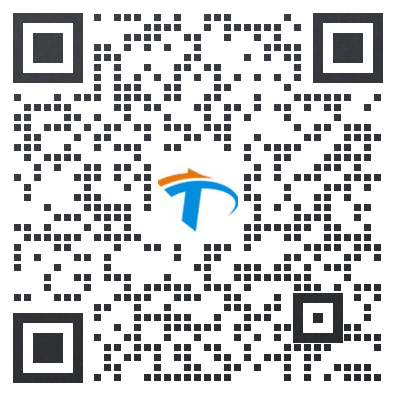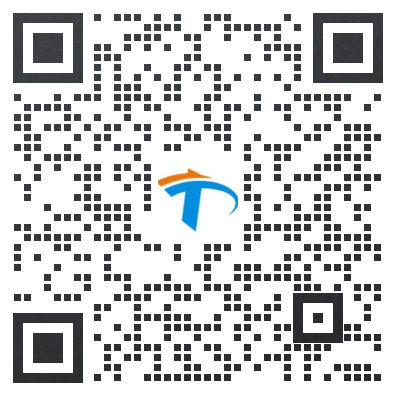| You know how it goes... you"re driving along in a foreign country, and all of a sudden you find you"ve committed a motoring faux pas and the driver behind you is hooting and flashing and giving you the automobile equivalent of the extended middle digit. It"s enough to make you crawl back home and never leave the house again.
So, in an attempt to reduce the number of accidents and international incidents caused by the growing trend for people to turn into raging maniacs behind the wheel of a car, we"ve compiled a guide for visitors to countries other than their own that will help to explain any local habits they might come across. If you know any other driving etiquette that should be used in your country, or even some you"ve noticed while driving abroad, do share them with us.
These driving etiquette entries should give you an idea of what to expect when driving in a whole load of countries around the world, but here"s a few points regarding general road safety and etiquette:
Do not stop on a main road to let someone out of a side road, especially during morning rush hour. Yes, it may be nice and give you a warm glow, but that glow is soon extinguished when you create a ten car pile-up.
Do not drive two inches from the back of the car in front of you while doing over 70mph.
Do not overtake on a single lane carriageway when there is no way to see anything travelling towards you on the other side of the road due to a bend/hill/dip in the road.
Do not play chicken with the oncoming cars while overtaking, before nipping in again at the last minute forcing every other car on the road to brake frantically to avoid a crash.
Do not overtake the car in front if they are at the back of a massive line of traffic being forced to travel at 30mph due to a slow-moving lorry as you will achieve nothing.
It"s also worth noting that there are a few universally-observed patterns of behaviour of motorists. Convoys, traffic lights and indicators seem to cause the most problems...
Convoy Observations
The convoy always travels at the comfortable speed of the fastest car in the convoy. This is generally 10mph above the safe speed of the slowest car.
The driver with the least knowledge of the route to be taken should always drive at the front, and only one car should have a map.
All cars in convoy should over/undertake each other as much as possible.
Any braking for speed cameras should be rapid and without prior warning.
In towns, the lead car should do its best to go through all traffic lights on yellow, to insure that all following cars must jump the red light or get hopelessly lost.
Indicator Observations
Indicators are widely misunderstood. Many drivers are under the impression that they were fitted to your vehicle in order for you to let other drivers know which way you intend to go. This, of course, is completely wrong according to some drivers. They are fitted to your vehicle so that you may let other drivers know that you are aware of having turned a corner, left a roundabout, or changed lanes. For best results, indicate a few seconds after completing your manoeuvre, and make sure they don"t flash on and off more than once - it ruins the bulbs.
Traffic Light Observations
It is generally accepted that you can safely go through a set of traffic lights on a green light, and not to proceed on a red. The amber light, however, can be translated as either an invitation to immediately slam on the brakes, thereby causing those behind you to swerve in a panic; or to immediately accelerate to the car"s fullest extent. Be wary of doing this at an intersection as you will almost invariably hit a crossing police car.
A Final Point
Do drive safely.
|





